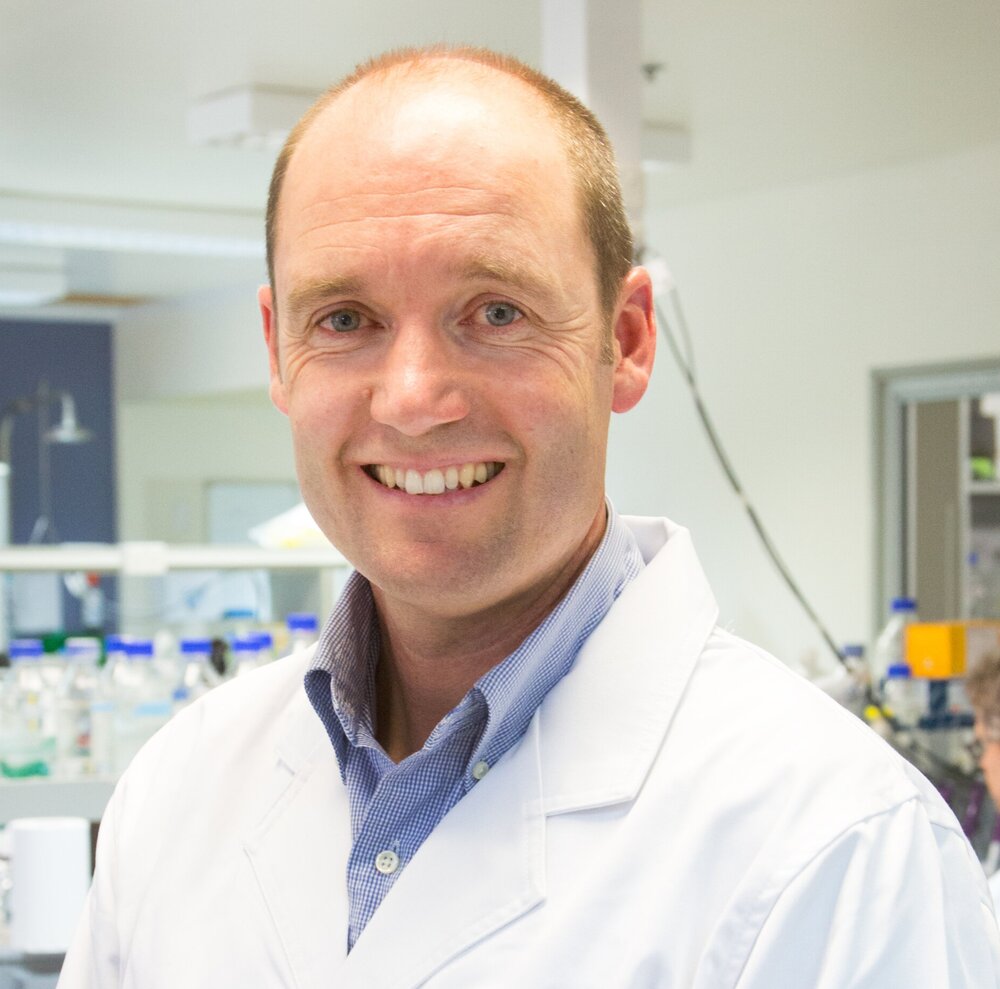Through this interview, get the opportunity to meet the most international speaker of our next meeting, coming straight from Australia!
Professor Brett Nixon is a Senior Research Fellow of the National Health and Medical Research Council of Australia and a Professor of Biology at The University of Newcastle, Australia. In this position, he serves as Director of the Priority Research Centre for Reproductive Science and of the Hunter Medical Research Institute Infertility and Reproduction Research Program.
Brett is a Reproductive Biologist, with 20 years of experience developing novel insights into cellular signaling, cell-cell interactions, and intracellular communication associated with fertilization. His research models focus primarily on the male germline, but the implications of this research are of direct relevance to our understanding of cell biology more broadly. A defining feature of his research has been the application of advanced mass spectrometry and next-generation sequencing technologies to dissect changes in the proteomic and epigenomic (small non-coding RNA) landscape of sperm cells elicited by various environmental stressors. This work has made important contributions to our mechanistic knowledge of the pathways that both germ cells and their somatic support cells engage in responding to stressors such as xenobiotics, oxidative stress, heat stress, and chemotherapeutic agents. It has also led to the discovery and characterization of novel intracellular communication pathways involving extracellular vesicles. A particular focus for his current work is to translate this knowledge into rational therapeutic interventions that mitigate the risk of cellular damage and prevent sperm dysfunction.
Find more about his research here: https://www.newcastle.edu.au/profile/brett-nixon
When and why did you decide to work in the field of reproductive biology?
I was fortunate to grow up on a cattle farm where I was inspired by my parents using artificial reproductive technologies to improve the quality of our herd. So, I knew from an early age that this was a field I wanted to be part of.
What are some of the non-traditional animal species you have used for your research and have there been any interesting stories regarding sample collection?
I have been fortunate to work on many non-traditional species including everything from crocodiles, goannas, platypus, echidnas, wombats, koalas, quails to frogs. All of which have served as important research species in their own right but also offered unique insights as comparative models. They all bring their own unique challenges in terms of sample collection.
Could you name a moment of failure (and which lesson did you learn from it)?
I have experienced lots of failures throughout my career in terms of everything from failed experiments, unfunded grants, to rejected papers. Everything we do as scientists is subjected to critical peer review but I have learned that most criticism is not personal and is actually delivered to help guide improvements – so I try to view each failure as an important lesson as opposed to a personal failing.
What was the greatest success in your career?
The thing that I take most pride from is my research team and in particular those students that have entrusted me with the research training.
Which is one piece of advice you would give to young researchers?
Trust in yourself

